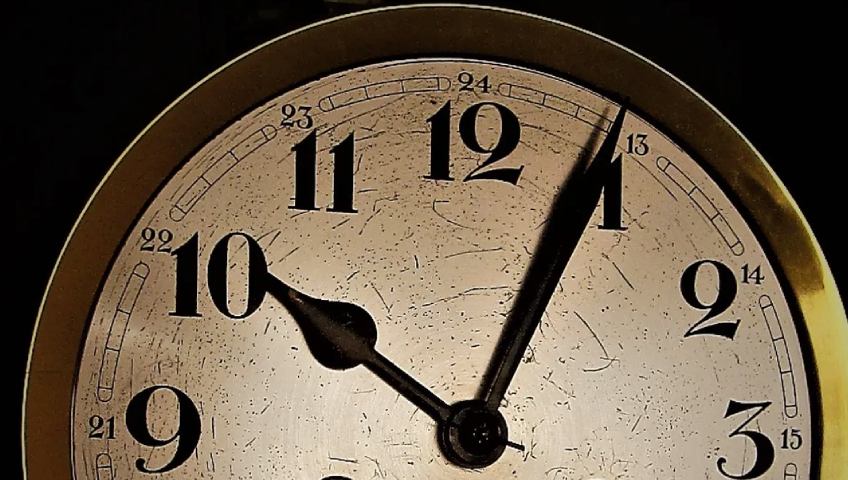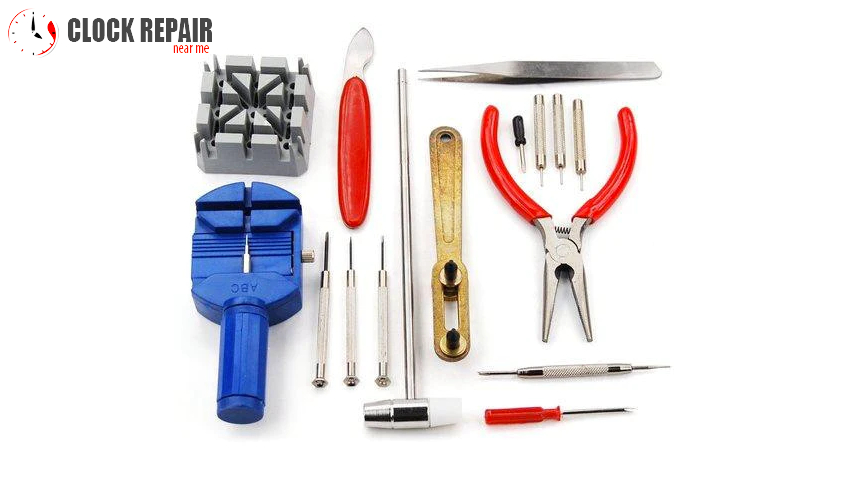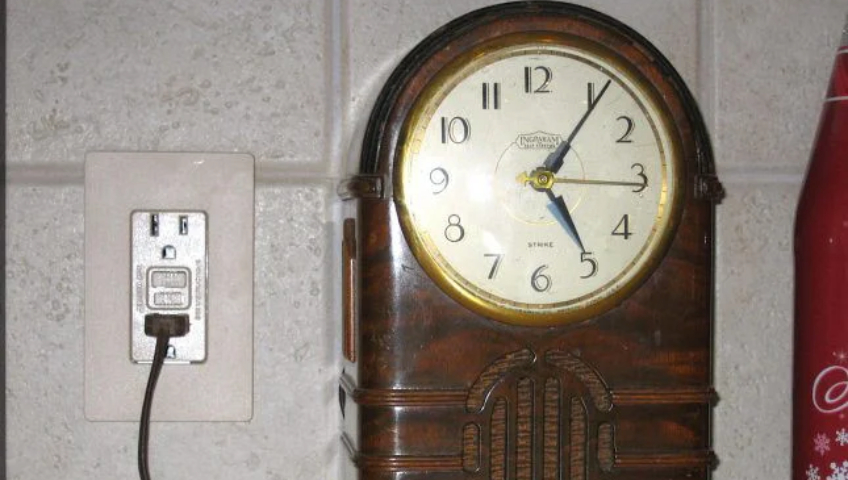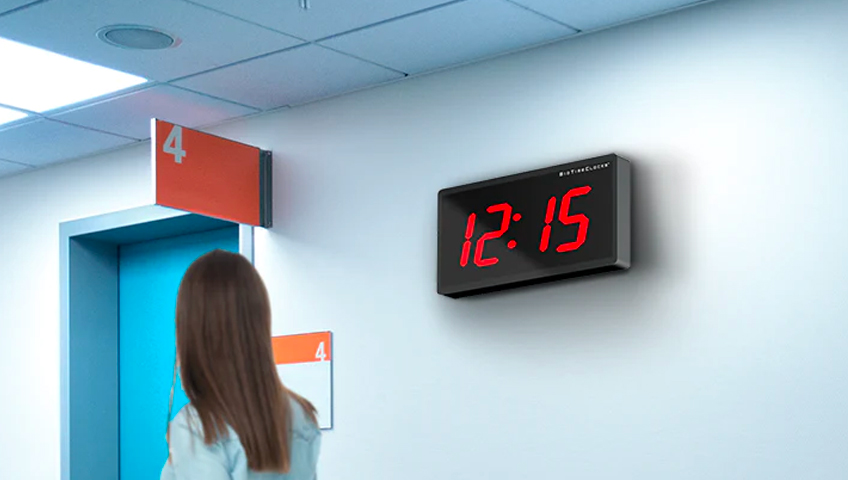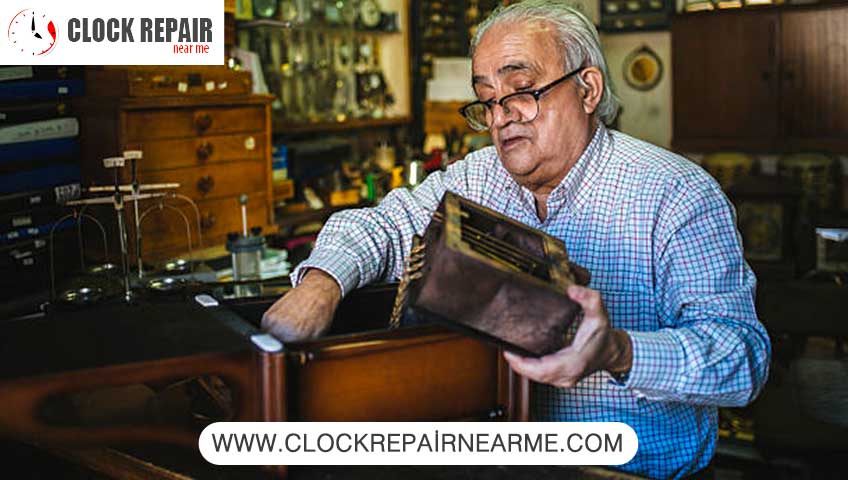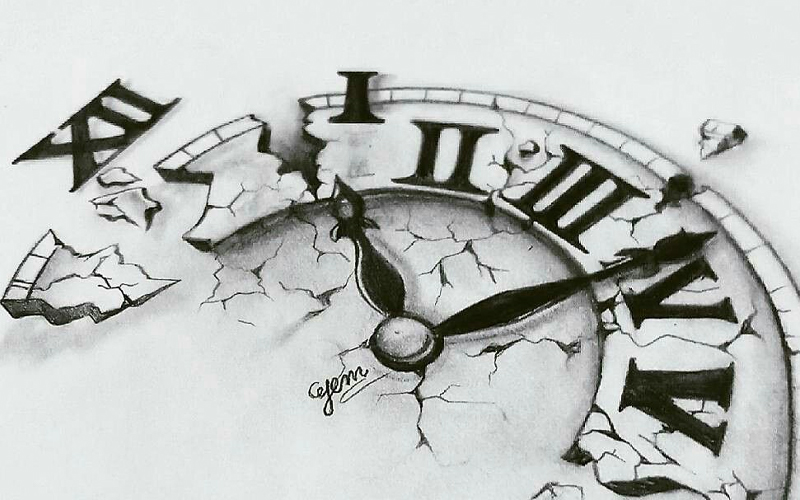Clock repair is an intricate skill that involves the restoration and maintenance of various types of clocks. What is the study of clock repair? The study of clock repair is a fascinating field that requires both technical expertise and a passion for horology. In this article, we will delve into the world of clock repair and explore what this field entails. The first thing to understand about clock repair is that it is not just about fixing broken timepieces. Clock repair involves understanding the inner workings of clocks, their mechanisms, and how they operate. A clock repair specialist must be able to disassemble, diagnose, and repair any part of the clock, from the mainspring to the escapement wheel.
To become a clock repair specialist, one must undergo extensive training and education. This involves learning about the history of clocks, their different types, and their functions. Additionally, a clock repair near me, must acquire knowledge about different tools and equipment needed for the job, such as screwdrivers, hammers, pliers, and winding keys. Moreover, a clock repair specialist must possess excellent problem-solving skills to identify the root cause of the malfunction and provide the best possible solution. They must have a keen eye for detail and a steady hand to perform delicate repairs without causing additional damage.
In summary, clock repair is the study of restoring, maintaining, and repairing clocks. It requires technical skills, historical knowledge, and meticulous attention to detail. If you have a passion for horology and enjoy working with your hands, then clock repair might be the perfect field for you to explore.
Tools Used in Clock Repair
What is the study of clock repair? Clocks are an essential part of our daily lives, and they help us keep track of time. However, like any other machine, clocks can break down or malfunction over time. Luckily, there are various tools used in clock repair to help fix these issues. One of the most important tools used in clock repair is the screwdriver. Clocks have many small screws, and using a screwdriver that fits precisely in these screws is necessary for disassembling, cleaning, repairing, and reassembling them. Another important tool used in clock repair is the oiler. Clocks require the right amount of lubrication on their gears and other moving parts, and an oiler helps in applying the proper amount of oil accurately.
Clock repair also requires specialized pliers and tweezers. These tools are required to handle delicate clock components with care and precision. Pliers are useful in removing and tightening components, while tweezers help in handling small, intricate pieces. In addition to these tools, a clockmaker’s lathe is a crucial piece of equipment in clock repair. It is used to shape and cut wheels, pinions, arbors and other clock parts, ensuring precise and accurate measurements. Another essential tool for clock repair is the mainspring winder. This tool is required for winding the mainspring, which powers the clock’s movement. By using a mainspring winder, clock repair experts ensure that the spring is wound evenly, preventing it from breaking or damaging the clock.
Techniques for Restoring Vintage Clocks
Vintage clocks are a beautiful way to add personality and charm to any home or office space. However, these antique timepieces may need some restoration work before they can be used properly. Restoring vintage clocks requires attention to detail, patience, and the right techniques. In this article, we will discuss some of the most effective techniques for restoring vintage clocks. Firstly, it’s essential to identify the type of clock you have and its specific issues. Some common problems with vintage clocks include broken mainsprings, worn or missing gears, and rusted parts. Once you have identified the problems, you can begin restoring the clock. One of the best ways to begin is by cleaning the clock’s components thoroughly. Be sure to use a soft brush and gentle cleaner to avoid damaging the delicate parts.
Next, you may need to replace some of the clock’s parts. It’s crucial to source the correct replacement parts to ensure they fit correctly and work accurately. When replacing parts, take your time, and follow the manufacturer’s instructions carefully. You may also want to consider lubricating the clock’s components after the repairs are complete to keep the gears moving smoothly. Another technique for restoring vintage clocks is refinishing. Over time, the clock’s wooden case may become dull, water-damaged, or scratched. Refinishing the wood can restore its original beauty and protect it from further damage. To refinish the clock, start by removing the old finish using sandpaper and a solvent. Then apply a new finish that matches the original as closely as possible.
Finally, it’s important to remember that antique clocks are delicate objects and should be handled with care. Avoid exposing them to extreme temperatures, moisture, or direct sunlight. Regular maintenance, such as winding the clock and keeping it clean, can help prolong its lifespan and prevent the need for major repairs. In conclusion, restoring vintage clocks can be a rewarding experience for enthusiasts and collectors alike. With the right techniques and a bit of patience, you can bring these antique timepieces back to life and enjoy them for years to come.
Common Repairs for Modern Clocks
Clocks have been a staple in households for centuries, and with advancements in technology, modern clocks have become more complex. However, despite the complexity, they are still prone to wear and tear, which can result in malfunctions. In this article, we will discuss some common repairs for modern clocks. The first repair is replacing the battery. Most modern clocks use batteries as their power source, and when the battery dies, the clock will stop working. To replace the battery, you should first determine the type of battery needed and remove the old one carefully. Then, insert the new battery, making sure it is properly installed. Another common repair is fixing the clock hands. If the clock hands are loose or bent, they may need to be adjusted or replaced. To adjust the clock hands, gently move them to the correct position using your fingers or a pair of pliers. If they need to be replaced, make sure to find the exact match for your clock model.
Clocks also need regular cleaning to prevent dust and dirt buildup, which can affect their performance. To clean your clock, use a soft cloth or a brush. Avoid using water or any cleaning solution as it can damage the clock’s delicate parts. Modern clocks may also experience issues with their timekeeping accuracy. This can be due to various factors such as temperature changes or mechanical defects. To fix this issue, you can try adjusting the clock’s timekeeping mechanism or replacing the faulty parts. Lastly, if you notice that your clock is making unusual noises or stops working altogether, it may require professional repair. A trained clock repair technician can diagnose and fix the problem safely and efficiently. In conclusion, modern clocks are intricate devices that require proper maintenance to function correctly. By following these tips and performing routine inspections, you can ensure that your clock remains in good condition and continues to keep accurate time for years to come.
How to Maintain a Clock’s Accuracy
Clocks are essential for keeping us on track throughout the day, but what happens when they begin to lose their accuracy? It can be frustrating and even lead us to miss appointments or important events. However, with a little knowledge and effort, you can easily maintain your clock’s accuracy. Firstly, it’s important to understand that clocks require regular maintenance. Dust and dirt can accumulate inside the clock, which can affect its accuracy. Wiping down the clock with a dry cloth once a week can help prevent any buildup. Another crucial factor in maintaining clock accuracy is ensuring that it is placed on a stable surface. Shaking or moving the clock can disrupt its internal mechanism and cause it to lose time. Avoid placing your clock near windows or doors, where temperature changes and drafts can also impact its performance.
Additionally, keeping your clock wound at all times is necessary for accurate timekeeping. Many clocks have a daily winding requirement, so make sure you know your clock’s specific needs. If you forget to wind your clock for an extended period, it may result in inaccurate timekeeping, and you’ll need to reset it again. If you have a pendulum clock, it’s equally important to keep the pendulum properly adjusted. The length of the pendulum affects the clock’s accuracy, and it should be set according to your clock’s instructions. Pendulum clocks also require correct alignment, so ensure that your clock’s case is level and on a stable surface. In conclusion, maintaining your clock’s accuracy requires some basic knowledge and effort. Regular cleaning, proper placement, and consistent winding are crucial factors to keep in mind. Whether you have a modern or antique clock, following these simple steps will ensure that it runs smoothly and accurately for years to come.
Professional Training for Clock Repair
Clocks serve as timekeepers, and over time, they can become damaged or out of sync. Clock repair is a specialized skill that requires professional training to master. Properly trained clockmakers can diagnose and fix any issue with a wide variety of clocks, including grandfather clocks, wall clocks, and cuckoo clocks. Professional training for clock repair involves a mix of theoretical knowledge and hands-on practice. Students learn about the different types of clocks, their mechanisms, and how to properly maintain and clean them. They also acquire skills in repairing or replacing parts, adjusting timing mechanisms, and lubricating gears and springs.
Those interested in pursuing a career in clock repair have several options for professional training. The most common route is to attend a vocational school that offers courses in horology or watchmaking. These programs vary in length, but typically range from six months to two years. Alternatively, some aspiring clockmakers opt for an apprenticeship under a seasoned professional. This approach provides opportunities to learn on the job and gain practical experience in the trade. After completing training, clockmakers may decide to open their own repair shops, work with jewelry stores, or pursue positions with clock manufacturers or restorers. Some also choose to specialize in certain types of clocks, such as antique or vintage models.

